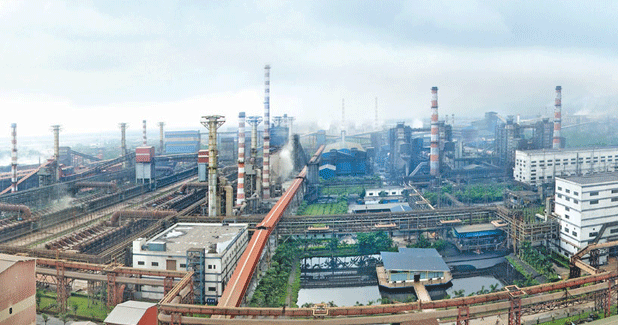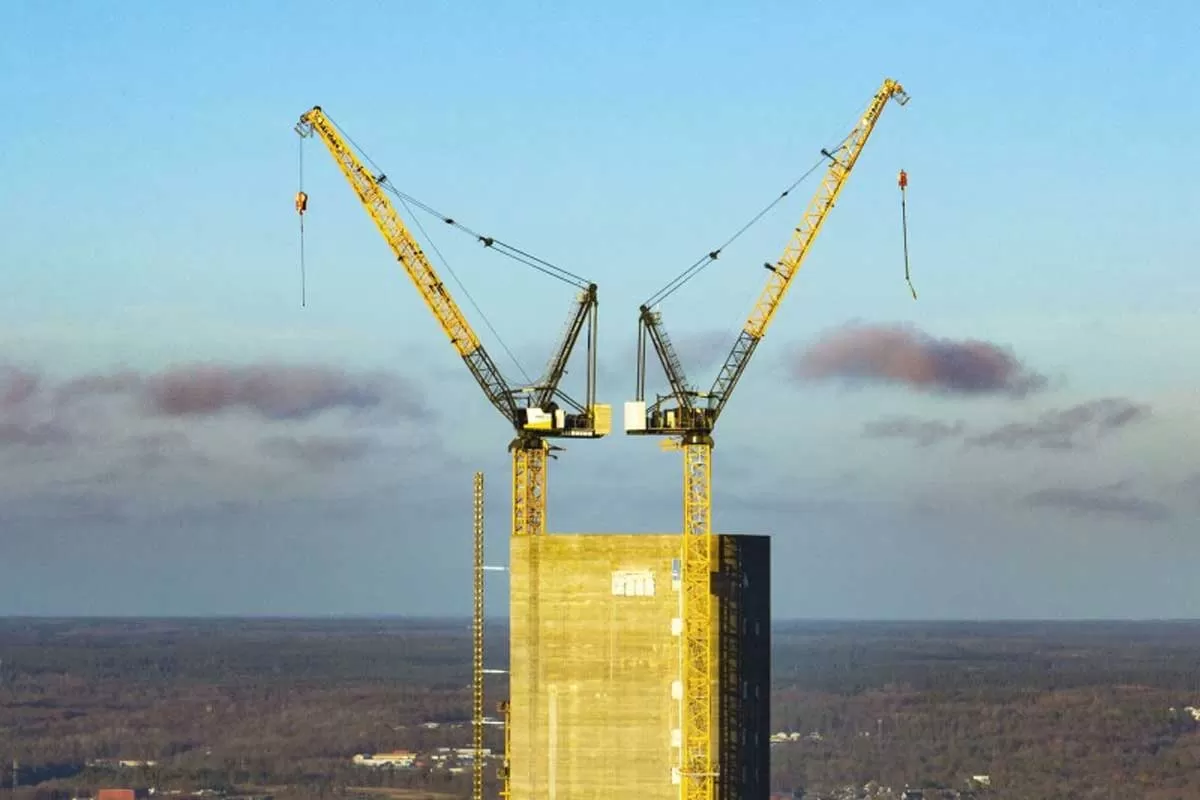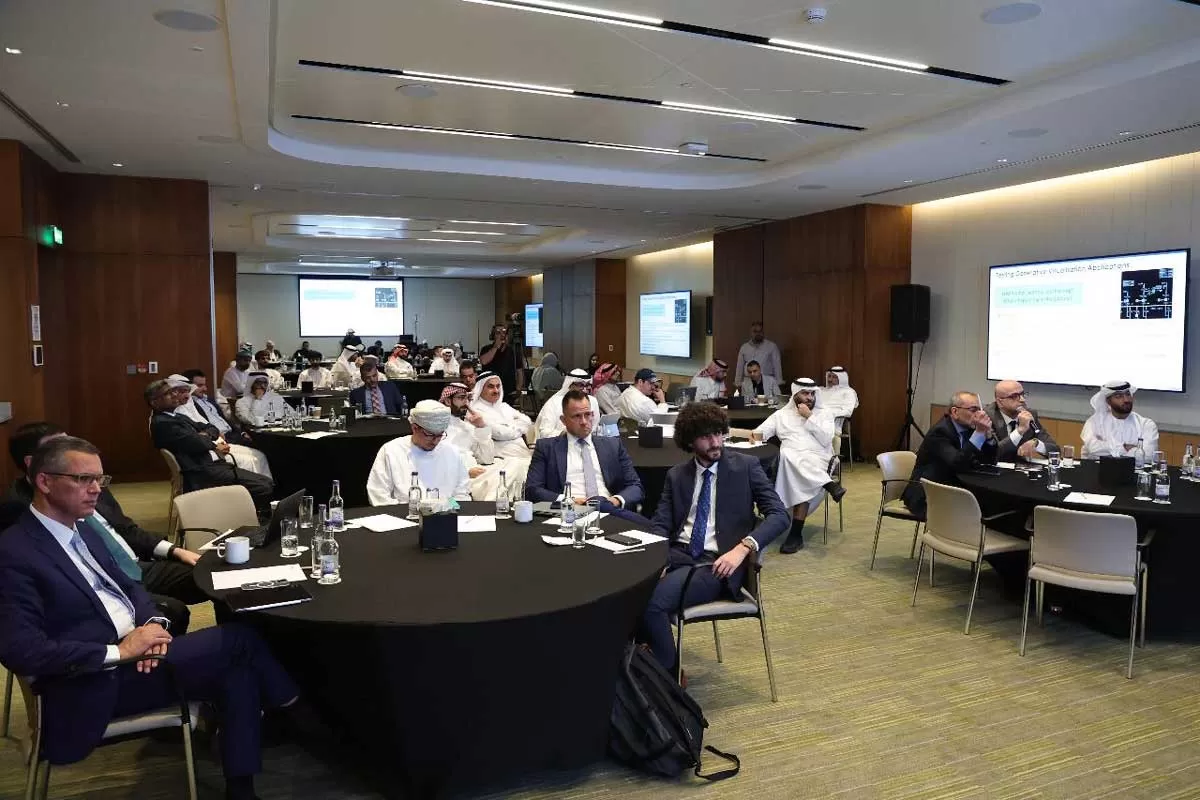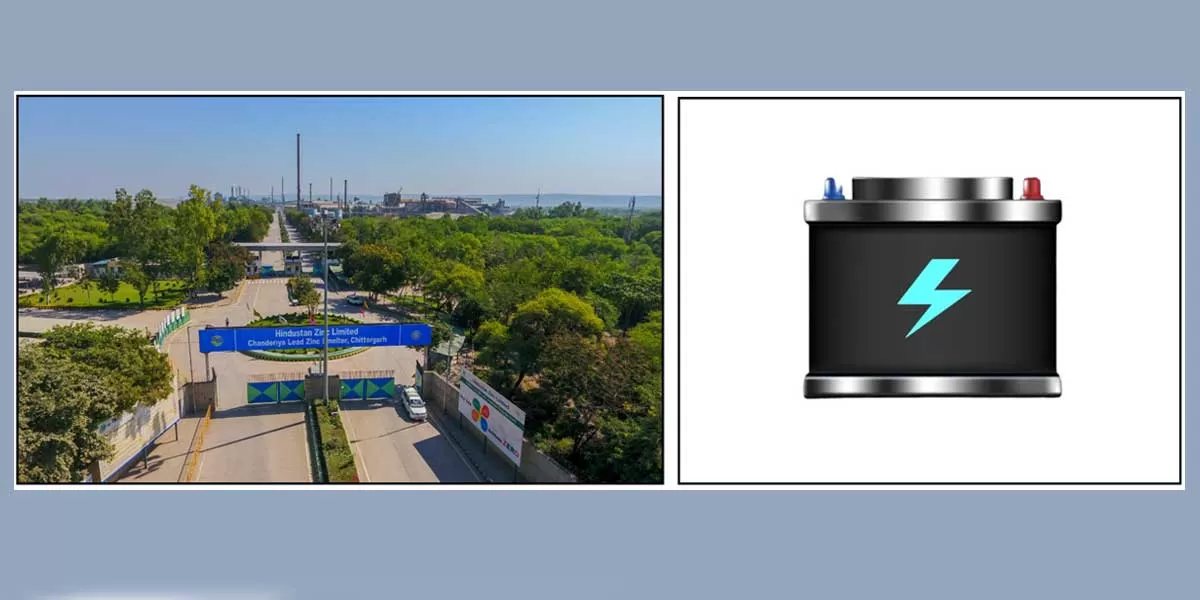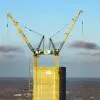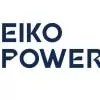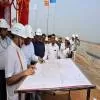Ravi Uppal, Managing Director & Group CEO, Jindal Steel & Power Ltd
An industrial powerhouse with a dominant presence in the steel, power, mining and infrastructure sectors, Jindal Steel & Power Ltd (JSPL) is part of the $18-billion OP Jindal Group. Led by Naveen Jindal, the company is constantly expanding its capabilities to fuel its journey that has seen it grow to a $3.6-billion business conglomerate. It has committed investments exceeding $30 billion in the future and has several business initiatives running simultaneously across continents, from Asia and Africa to Australia.
JSPL operates the largest coal-based, sponge iron plant in the world and has an installed capacity of 3 mtpa of steel at Raigarh in Chhattisgarh. Also, it has set up a 0.6-mtpa wire rod mill and a 1-mtpa capacity bar mill in Patratu, Jharkhand; a medium and light structural mill in Raigarh, Chhattisgarh; and a 2.5-mtpa steel melting shop and plate mill to produce up to 5-m-wide plates at Angul, Odisha. With over 37 years of experience of working in the engineering and infrastructural segments in India and overseas, Ravi Uppal, Managing Director & Group CEO, JSPL, shares the strategies that help the company survive challenging times with CW.
How were you able to grow the topline and bottomline during the challenging FY2013-14 ?
Although market forces had not been very lucrative in FY2013-14, we were able to accelerate measures that position us to embark on opportunities in the national and international steel and energy landscape. FY2013-14 was a turning point for JSPL; the company saw the successful completion of Phase-1 of the Angul steel project and three units of 600 mw each in Jindal Power Ltd-Tamnar. In addition, the company´s 2-mtpa steel plant in Oman was completed and has successfully commenced commercial production in April 2014. Another big achievement for JSPL was commissioning the second 4.5-mtpa pellet plant in Barbil, thereby doubling production capacity to 9 mtpa. Our competitive strengths - strategic global expansion, strong distribution network, product differentiation, raw material security, operational excellence and global integration - position us to help meet India´s long-term socioeconomic priorities.
The past year has been very challenging for the industry; many companies suffered
The year 2013-14 in particular has been challenging; however, our retail and export business has had a positive impact on bottomlines. Our focus has been on strengthening fundamentals, supply chains and building new capacities towards long-term growth. That is how our steel and power capacity doubled by the end of the financial year. Our expanding capacities, sustained demand for our products and enduring customer relationships have heralded a more resilient JSPL.
Which one factor helped you the most to grow your organisation during this year?
In 2013-2014, we focused on building new capacities and completion of our ongoing projects. Our present steel and power capacity has more than doubled compared to the capacities we had at the beginning of 2013. We are going to harvest the benefits of our investment and the capacities built up from this year onwards. Hence, we are positive that 2014 will be a year for a quantum jump for JSPL.
Given the likely improvement in economic circumstances, how do you plan to prepare your organisation for the forthcoming growth in 2014-15?
In 2014-2015, we hope to see moderate growth in revenue and EBITDA as newly commissioned units progressively increase their output. Besides, we have had major challenges in sourcing our input raw materials: Coal and iron ore. However, JSPL has recorded an increase of 13 per cent EBIDTA in Q2FY14-15 compared to Q2 in the earlier fiscal. We have also upgraded our Raigarh steel-making facility completely and expect 100-per-cent capacity utilisation from Q3 onwards. Similarly, all our capacity additions are getting synchronised and ramping up for increased production. We intend to become a significant thermal power player in India over the next two years. We have a vision of having an installed capacity of 10,000 mw by 2020. Additionally, by 2020, we plan to enhance steel production to 15 mtpa and pellet production to 13.50 mtpa, backed by coal and iron ore mines nationally and internationally.
Please comment on JSPL´s other business interests and foray into new segments.
Continuing with the growth momentum of our primary businesses and focus on innovation, we are finding strong adjacencies in the construction material business. We recently launched Quick Build, JSPL´s foray into the modern world´s customised construction needs. We already have a 0.8-mt cement plant and more than 100-million fly-ash brick-making facility. We have also invested in unconventional technologies like precast slabs, light gauge structurals and schnell panels that facilitate faster and cheaper construction solutions. Our innovative products include fortifying products like road stabilisers and lightweight aggregates. Going forward, we envisage that this category will grow exponentially as infrastructure and real-estate projects gather momentum along with rapid urbanisation. We expect our construction material vertical to be a Rs 500-crore business by FY2015.
JSPL is acquiring the remaining 51 per cent stake in its JV JB Fabinfra from existing shareholders. How will this strengthen the existing portfolio of the construction materials business vertical?
The acquisition of the remaining 51 per cent stake will provide us manufacturing synergies with our current construction business. JB FabInfra´s expertise in light guage steel projects will add value in offering a complete ecosystem of construction materials for the construction of townships, hospitals, rapid mass housing, etc. It will strengthen our existing portfolio of innovative products and solutions in the construction domain.
Fact Sheet
Year of establishment: The foundation for the Raigarh steel plant was laid in 1988; in 1998, the Raigarh and Raipur divisions of Jindal Strips Ltd were transferred to Jindal Steel & Power Ltd
Areas of operation: Steel, power, mining and construction
Foray into new areas: Cement and innovative construction material and solutions
No. of employees: 15,000 Turnover: Rs.9,806 crore (for 2012-13); Rs.20,004 crore (for 2013-14)
Ongoing projects: Upgrade and overhaul of the integrated steel plant in Raigarh, Chhattisgarh; completion of Jindal Power Ltd, Phase-2 in Tamnar, i.e. fourth unit of 4 + 600 mw in Tamnar, Chhattisgarh, with commissioning expected at the end of the current fiscal
Upcoming projects: Phase-2 of the integrated steel plant in Angul, Odisha
Completed landmark projects: (Commissioned) Oman 2-mtpa SMS plant; Angul Phase-1 with SMS capacity of 2.5 mtpa in Angul, Odisha; second pellet plant of 4.5 mtpa in Barbil, Odisha; three units of 600 mw in JPL-Tamnar, Chhattisgarh
